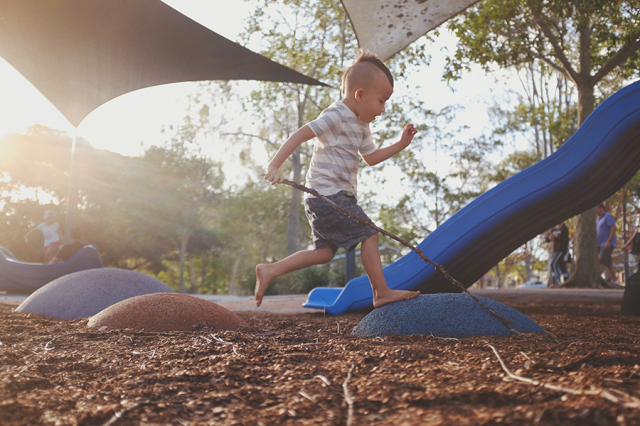Students’ loss of academic ground over the summer is widely referred to as “Summer Slide,” or “Summer Learning Loss.” While a luxurious three-month summer break does provide time for families to vacation and teachers to plan, the impact of this time away from school has been resoundingly negative for students, particularly with respect to their math computation skills. A lengthy summer break does not optimize for student learning and the duration of time U.S. students have between school years is longer than the majority of other national school systems.
The summer slide phenomenon has been documented since 1906, and more recently a narrative and meta-analytic review of 39 studies indicated student achievement declines over the summer, with the largest losses in children’s spelling and computational mathematics. Indeed, Dr. Megan Kuhfeld, a Research Scientist at the Northwest Evaluation Research Association (NWEA), finds that “in the summer following third grade, students lose nearly 20 percent of their school-year gains in reading and 27 percent of their school-year gains in math. By the summer after seventh grade, students lose on average 36 percent of their school-year gains in reading and a whopping 50 percent of their school-year gains in math.”
NWEA’s findings illustrate not only that summer slide has a more deleterious effect on math than on reading, but that the amount of learning lost over the summer increases as a student progresses through school.
But there are ways to prevent children’s summer learning loss! We’ve compiled our five most effective summer slide deterrents below.
1. Be intentional about setting time aside for learning.
- It can be easy to forget all about academics when rushing from summer camp to ballet to the pool. Intentionally scheduling time every day for literacy, numeracy, science, or writing may help to prevent valuable learning time from being replaced by other summer activities.
2. Talk to your child’s teachers.
- They may be happy to recommend extension activities, or relevant workbooks, for your child to complete over the summer to give them a leg up in the fall.
3. Read in the Evening
- Taking time out of your busy schedule to spend 30 minutes reading with your child is invaluable. Not only is there power in your child being able to see you read (just like them!), but it can be a wonderful way to ritualize reading, rather than computer games, before bed
4. Don’t neglect math and spelling.
- Children’s largest academic losses over the summer are in spelling and computational mathematics. Make a list of age-appropriate spelling words and challenge your child to spell them in chalk outside or using lettered tiles from games around the house. Print out some math worksheets for your child to complete while on their way to summer camp or when waiting on the trains. Incorporate numeracy into everyday activities, talk about all the ways you can use math in the real world, or balance your checkbook with your child!
5. Hone in on challenges.
- The summer represents a wonderful, stress-free opportunity to bolster a child’s skills. If your child was struggling with a particular subject or standard during the school year, taking just 20 minutes a day to work with them over the summer can produce remarkable results. Similarly, many summer programs offer targeted support in specific subjects and may your child to see and understand the material in a new way!











